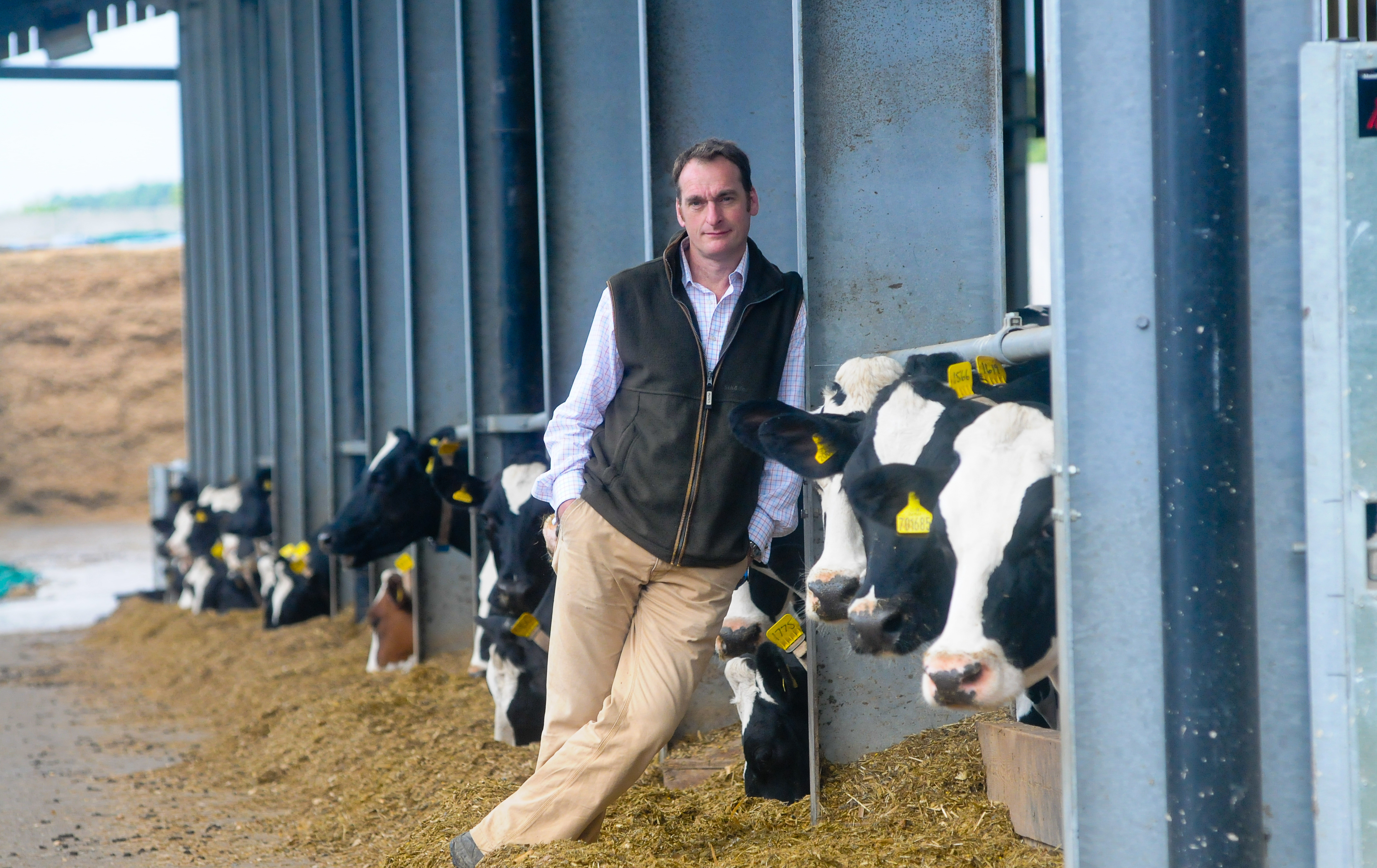
Estate owners are being urged to target income from anaerobic digestion (AD) as tenancies are renegotiated and amalgamated.
EnviTec Biogas UK believes changes to the number and structure of tenancies represent an opportunity for landowners and tenants to increase revenues and to counter rising input costs and volatile commodity prices.
Mike McLaughlin, managing director at EnviTec Biogas UK, said: “A lot of estates aren’t looking to expand geographically – or they find it difficult to do that because the land surrounding them is rarely put up for sale.
“The other option is to increase revenues, and tenancy renegotiations are part and parcel of that.
“Whether an estate wants to buy out tenants or it’s just looking to update existing agreements, there’s an opportunity to investigate how producing renewable energy from AD can benefit both parties.
“It brings in long-term, stable and significant income from the Feed in Tariffs and Renewable Heat Incentives, and it reduces costs.”
Mr McLaughlin said diversification and residential rentals meant that managed estates were often more profitable than stand-alone farm businesses.
Research by Savills released earlier this year found that residential rentals on Scottish estates now account for 40 per cent of gross income – more than from farming.
Tourism and leisure remained significant earners, the study found, but visitor numbers and income from leisure dipped last year because of the wet summer and the continuing downturn.
Mr McLaughlin said: “A lot of estates are a good balance of arable to hill ground, and there has been plenty of recent investment in livestock housing.
“That means many of them could be self-sufficient in feedstocks that can be used to make electricity and heat from AD – sustainable crops, slurry and grass, for example.
“At the same time, amalgamation of tenancies means that more farms are big enough to make anaerobic digestion commercially viable without relying on agreements with neighbours.
“The predictable income from AD reduces exposure to volatile output prices, which in turn helps convince funders to back other capital projects.
Not only that, but the digestate left at the end of the process is an extremely effective organic fertiliser, so it also helps to counter rising input costs.”
He added: “The problem for landowners is that high commodity prices don’t translate to increased rents, and from the tenant’s point of view, high prices are often all but wiped out by reduced yields or quality.
“Anaerobic digestion has the potential to transform the businesses of both parties.”
Stowell Farm, on the Marlborough Estate in Wiltshire, commissioned EnviTec to design, build and service an AD unit capable of producing 4.1 million kWh of electricity and 3.55 million kWh of surplus heat.
About 85 per cent of the electricity is sold to the grid under the 20-year Feed in Tariffs, and the balance is used on the farm.
Heat is used on the farm, and there are plans to pump the surplus to a leisure centre and two schools nearby.
The unit will generate annual revenues of more than £750,000, and it helped secure backing for state-of-the-art housing and handling infrastructure for 500 cows.
Farm manager Gavin Davies said: “The revenue and savings from producing your own heat and power are considerable, but the benefits are much more wide-ranging than this.
“An AD plant helps with slurry management, which means there’s no need for a lagoon and that in turn reduces odour.
“The digestate produced at the end of the process saves us a lot of fertiliser costs and unlike slurry the nutrients are readily available.
“It’s straightforward, it’s proven, it’s no risk, and for us it represented a better investment than wind or photovoltaics.”
